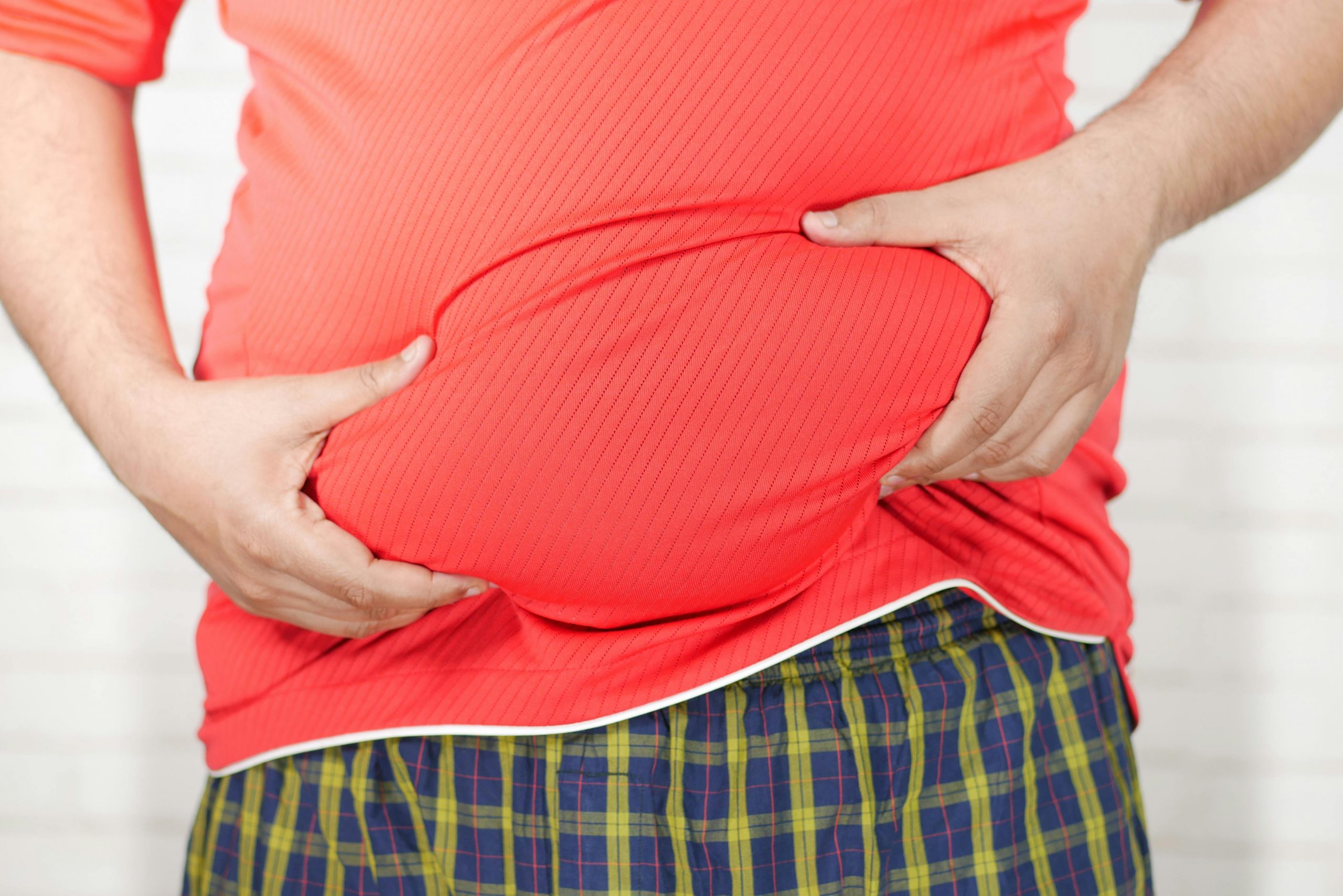Disclaimer: The Lifestyle Elf. This site provides fashion and lifestyle content for informational purposes only.
Coffee is a beloved beverage that many people rely on to kickstart their day, providing an energy boost and a moment of relaxation. However, if you’ve ever felt bloated or uncomfortable after your morning cup, you might be wondering, “Does coffee make you bloated?” The relationship between coffee and bloating is more complex than you might think. While coffee can have various health benefits, it can also lead to digestive issues, including bloating, for some people.
In this article, we will explore why coffee might cause bloating, how it affects the digestive system, and what you can do to minimize any discomfort. Additionally, we’ll discuss the potential role of drinking coffee on an empty stomach and its connection to bloating.
The Science Behind Coffee and Bloating

Coffee contains several compounds that can affect your stomach and digestive system. The main culprits are caffeine and certain acids found in coffee beans. Caffeine stimulates the production of gastric acid in the stomach, which is necessary for digestion. However, this acid can also irritate the stomach lining, leading to discomfort, acid reflux, or bloating in some individuals.
Additionally, coffee is known to be a diuretic, which means it can increase urine production. This increased urination can lead to dehydration, and in turn, may cause your body to retain water, resulting in bloating. If your body is dehydrated, it may attempt to hold onto fluids, which can cause a feeling of fullness or puffiness.
Coffee’s acidity can also be a factor. The higher the acid content in coffee, the more likely it is to cause bloating, especially for individuals who are sensitive to acidic foods and drinks. Dark roasts tend to have lower acidity, while lighter roasts are typically more acidic.
Drinking Coffee on an Empty Stomach and Its Effects
One of the main ways coffee may cause bloating is when it’s consumed on an empty stomach. Drinking coffee first thing in the morning—before eating anything—can have a stronger impact on your digestive system. When there is no food to buffer the effects, the acidity in coffee may irritate your stomach lining and lead to bloating, gas, or even nausea.
In addition to the direct impact on the stomach, drinking coffee on an empty stomach can also lead to increased production of stomach acid. This excess acid can contribute to bloating, acid reflux, or heartburn. People who already have conditions like irritable bowel syndrome (IBS) or acid reflux are particularly sensitive to these effects.
To avoid bloating when drinking coffee, try eating a small meal or snack before your coffee to help absorb the acid and balance the effects. Having a bite to eat first can help protect the stomach and reduce the risk of bloating or discomfort.
Coffee’s Impact on Gut Health and Digestion
Coffee can have both positive and negative effects on gut health. On one hand, it can stimulate bowel movements and promote regularity for some people, which can be beneficial for digestion. On the other hand, coffee can also irritate the digestive tract, leading to discomfort, bloating, or gas.
For some individuals, coffee can increase the production of gastric acid, which is necessary for breaking down food. However, in excess, this acid can irritate the stomach lining and lead to symptoms like bloating or indigestion. Additionally, coffee can stimulate the production of cortisol, a stress hormone, which can further affect digestion.
If you’re prone to bloating or digestive discomfort, you may want to limit your coffee intake or choose low-acid options. Some people find that switching to decaffeinated coffee or herbal teas can help reduce bloating while still providing a comforting drink.
The Role of Lactose in Coffee and Bloating
Another potential cause of bloating related to coffee consumption is lactose, especially for people who drink coffee with milk or cream. Lactose is the natural sugar found in milk, and many individuals have difficulty digesting it. If you’re lactose intolerant or have a sensitivity to dairy, consuming milk-based coffee drinks can lead to bloating, gas, and stomach discomfort.
In this case, the issue isn’t the coffee itself but the dairy added to it. To avoid bloating caused by lactose, consider switching to non-dairy milk alternatives like almond, soy, or oat milk. These alternatives can provide a creamy texture without the discomfort of lactose intolerance.
How Coffee Affects Different People Differently

While coffee can cause bloating for some people, it doesn’t affect everyone in the same way. Some individuals are naturally more sensitive to coffee’s acidic properties or caffeine content, while others can enjoy coffee without any digestive issues. Genetics, overall health, and diet can all play a role in how your body responds to coffee.
For example, people with sensitive stomachs or underlying digestive conditions, such as IBS, may be more prone to bloating when they drink coffee. On the other hand, those with strong digestive systems may not experience the same effects. If you notice that coffee consistently causes bloating or discomfort, it may be worth adjusting your intake or trying different types of coffee.
Tips to Reduce Bloating from Coffee
If you love coffee but find that it causes bloating, there are several ways to minimize the discomfort:
- Drink Coffee After Eating: If you drink coffee on an empty stomach, try eating a small meal first. This will help reduce irritation from the acidity in coffee and balance out your stomach’s acid production.
- Choose Low-Acidity Coffee: Opt for darker roasts, which generally have lower acidity, and avoid lighter roasts if they cause discomfort.
- Avoid Adding Dairy: If you’re sensitive to lactose, try using plant-based milk alternatives like almond or oat milk to avoid bloating.
- Stay Hydrated: Coffee is a diuretic, so make sure to drink plenty of water throughout the day to prevent dehydration and reduce bloating.
- Consider Decaf or Herbal Alternatives: If you’re sensitive to caffeine or want to avoid its effects on your digestive system, consider switching to decaf coffee or herbal teas like peppermint or ginger, which can soothe the stomach.
When to Seek Help for Bloating Caused by Coffee
If you experience consistent or severe bloating after drinking coffee, it may be time to consult a healthcare professional. While occasional bloating is normal, frequent discomfort could be a sign of an underlying digestive issue, such as acid reflux, IBS, or food intolerances. A healthcare provider can help determine the cause of your bloating and recommend appropriate solutions or dietary changes.
Conclusion
So, does coffee make you bloated? The answer is yes, it can—especially for individuals who are sensitive to its acidic properties or drink it on an empty stomach. While coffee can provide a boost of energy and aid in digestion for some, it can also cause discomfort, bloating, or gas in others. The key is to understand how your body responds to coffee and make adjustments accordingly.
If you experience bloating after drinking coffee, consider switching to low-acid options, adding a meal beforehand, or opting for non-dairy alternatives. With the right approach, you can continue enjoying your coffee without the discomfort of bloating.
By paying attention to your body’s signals and adjusting your coffee routine, you can enjoy the benefits of your favorite beverage while minimizing digestive issues.

